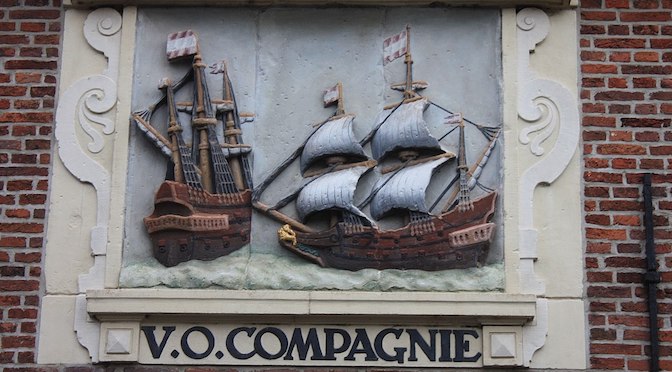Four hundred years ago, the United East India Company hired Hugo Grotius, who would later be memorialized as the “father of international law,” to legitimize Dutch sea power in the South China Sea. Dennis Harbin illustrates that Grotius and the legal defense he crafted would have major implications for competition between democracies and autocracies centuries later.
Today, free and open access to the world’s oceans is once again “under assault” as strategic competition and maritime lawfare once again bring instability to the South China Sea. Harbin asserts that defending the international rules-based order requires states to exercise a legalistic version of sea power in which the law of the sea influences 1) strategic objectives and 2) naval power in the information domain—a concept known today as “lawfare.”
Harbin concludes that just as the legal principle of a Free Sea asserted by Grotius was used to defend Dutch sea power in the seventeenth century, the law must shape a state’s use of sea power to defend the maritime rights and legal freedoms today.

